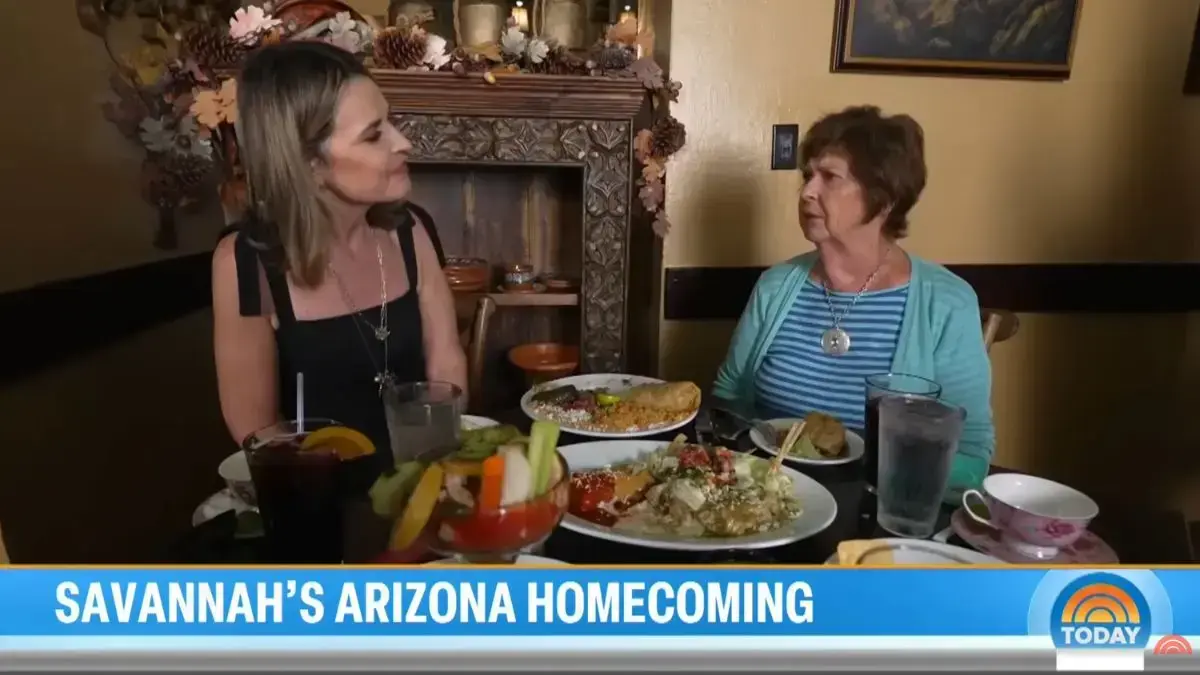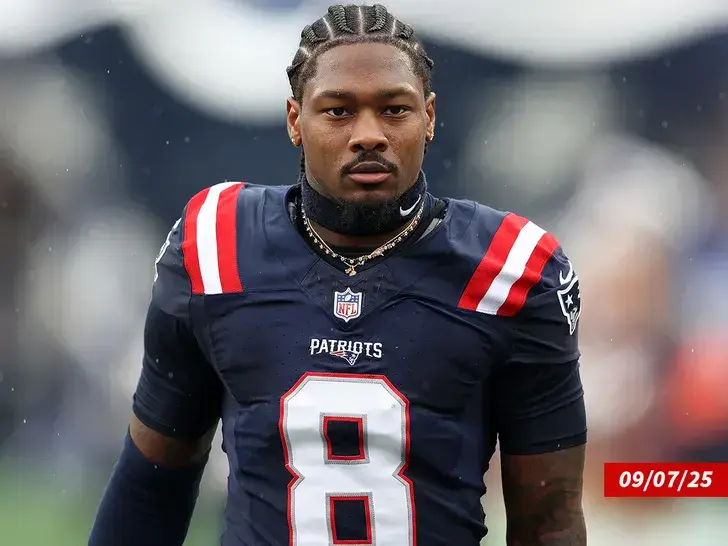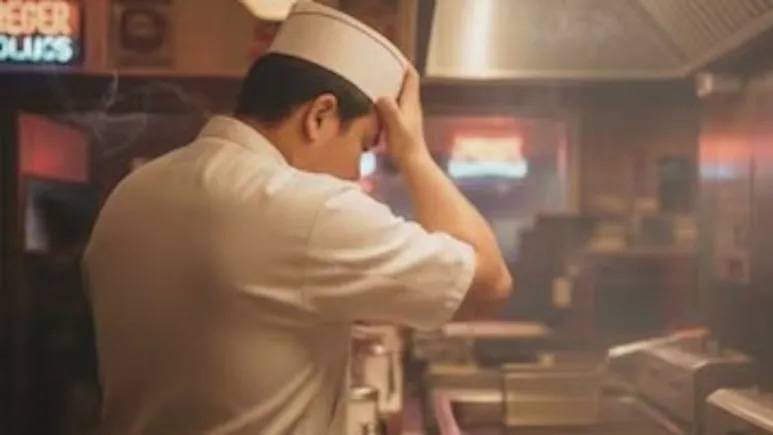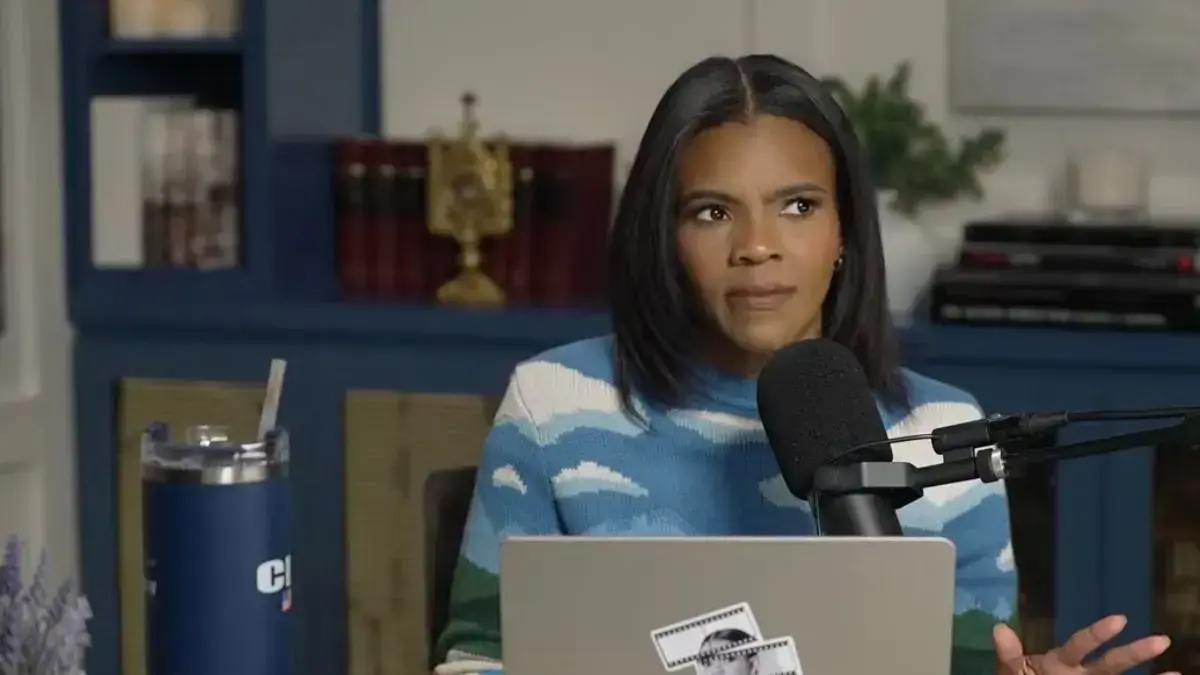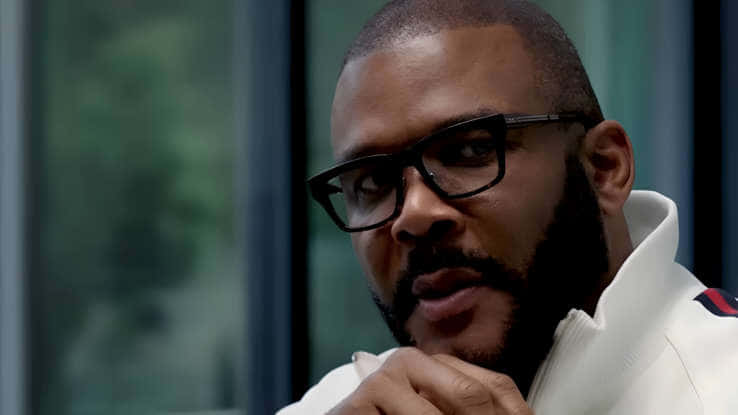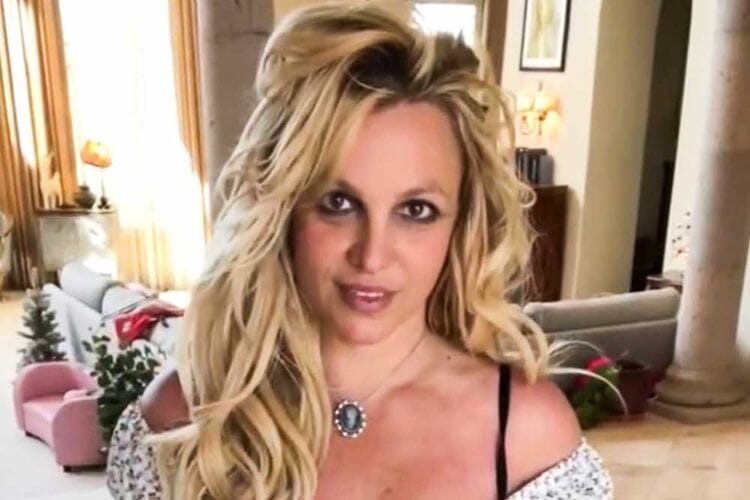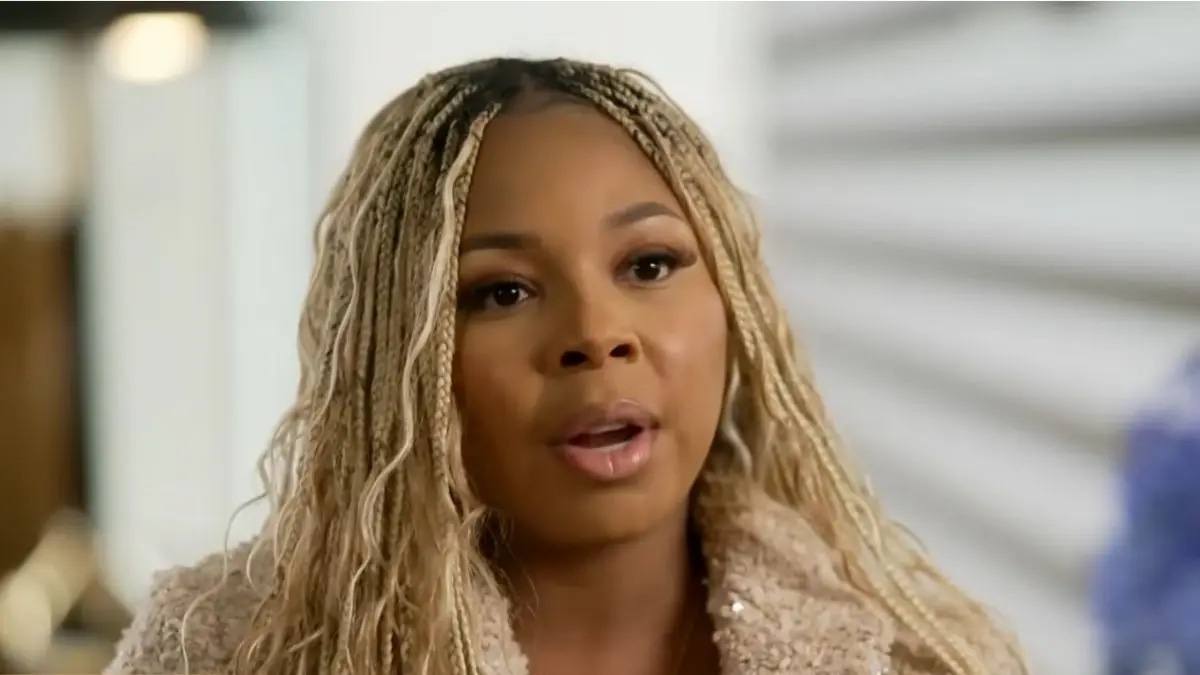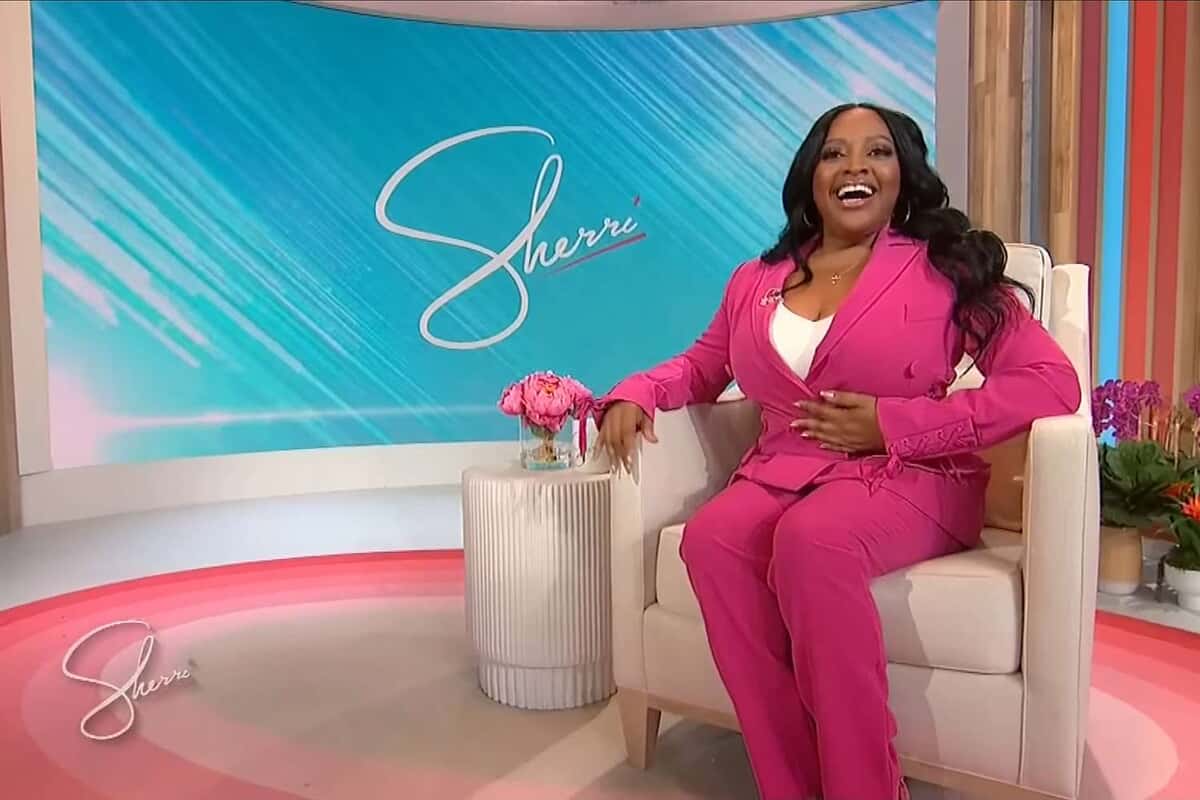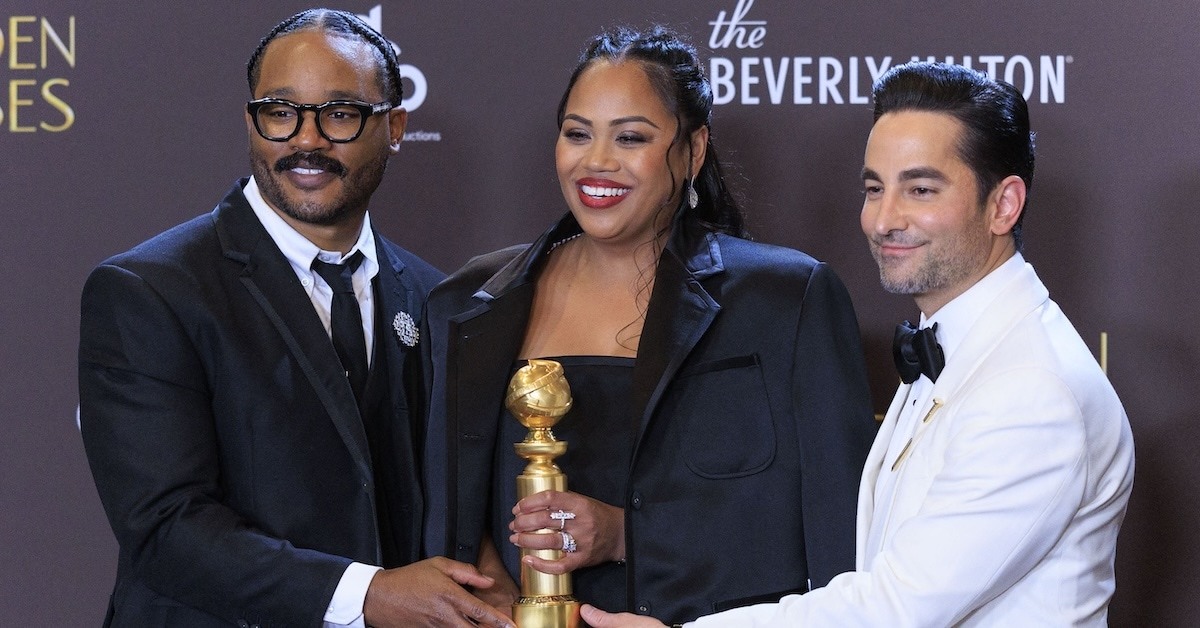BY: Denver Sean
Published 9 years ago
The Birth of a Nation star Gabrielle Union is sharing her perspective on film creator Nate Parker’s rape allegations.
You may or may not know that Gabrielle is a sexual assault survivor. She was raped at gunpoint in the back of a Payless shoe store where she was working 24 years ago. Gabrielle has since been vocal about her experience to help raise awareness and to further necessary conversations about sexual assault and rape-culture.
Ever since Nate’s allegations first surfaced in connection with ‘The Birth of a Nation,’ we’ve been waiting to hear Gabrielle’s thoughts.
In an op-ed piece for the L.A. Times, Gabrielle shares why she wanted to take on a role in which her character is raped. She says that the film is an opportunity to speak up about rape culture, consent, sexual violence, toxic masculinity and misogyny.
It truly is a must-read. Check out an excerpt:
Since Nate Parker’s story was revealed to me, I have found myself in a state of stomach-churning confusion. I took this role because I related to the experience. I also wanted to give a voice to my character, who remains silent throughout the film. In her silence, she represents countless black women who have been and continue to be violated. Women without a voice, without power. Women in general. But black women in particular. I knew I could walk out of our movie and speak to the audience about what it feels like to be a survivor.
My compassion for victims of sexual violence is something that I cannot control. It spills out of me like an instinct rather than a choice. It pushes me to speak when I want to run away from the platform. When I am scared. Confused. Ashamed. I remember this part of myself and must reach out to anyone who will listen — other survivors, or even potential perpetrators.
As important and ground-breaking as this film is, I cannot take these allegations lightly. On that night, 17-odd years ago, did Nate have his date’s consent? It’s very possible he thought he did. Yet by his own admission he did not have verbal affirmation; and even if she never said “no,” silence certainly does not equal “yes.” Although it’s often difficult to read and understand body language, the fact that some individuals interpret the absence of a “no” as a “yes” is problematic at least, criminal at worst. That’s why education on this issue is so vital.
As a black woman raising brilliant, handsome, talented young black men, I am cognizant of my responsibility to them and their future. My husband and I stress the importance of their having to walk an even straighter line than their white counterparts.
To that end, we are making an effort to teach our sons about affirmative consent. We explain that the onus is on them to explicitly ask if their partner consents. And we tell them that a shrug or a smile or a sigh won’t suffice. They have to hear “yes.”
I took this part in this film to talk about sexual violence. To talk about this stain that lives on in our psyches. I know these conversations are uncomfortable and difficult and painful. But they are necessary. Addressing misogyny, toxic masculinity, and rape culture is necessary. Addressing what should and should not be deemed consent is necessary.
You can read Gabrielle’s full piece here.

